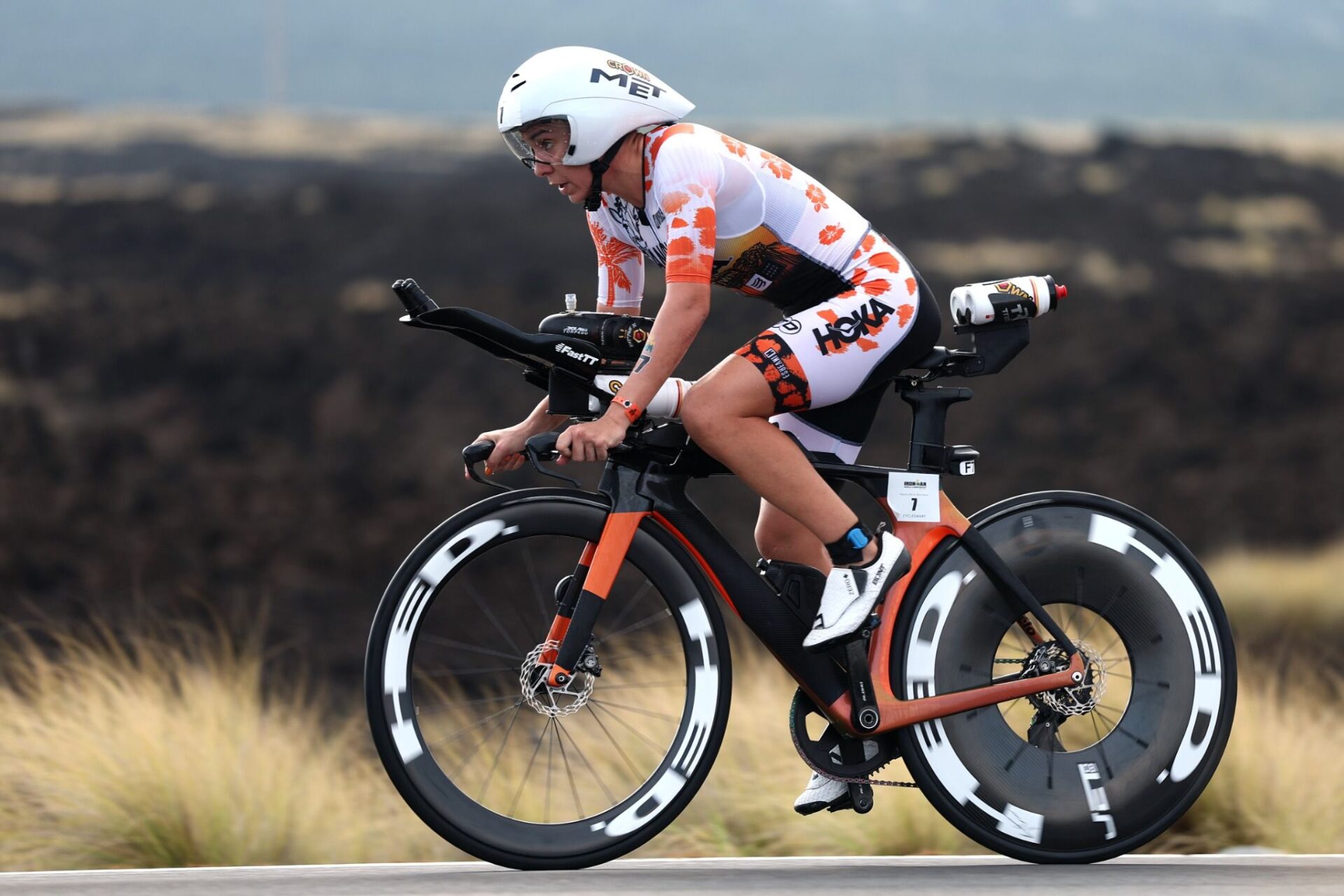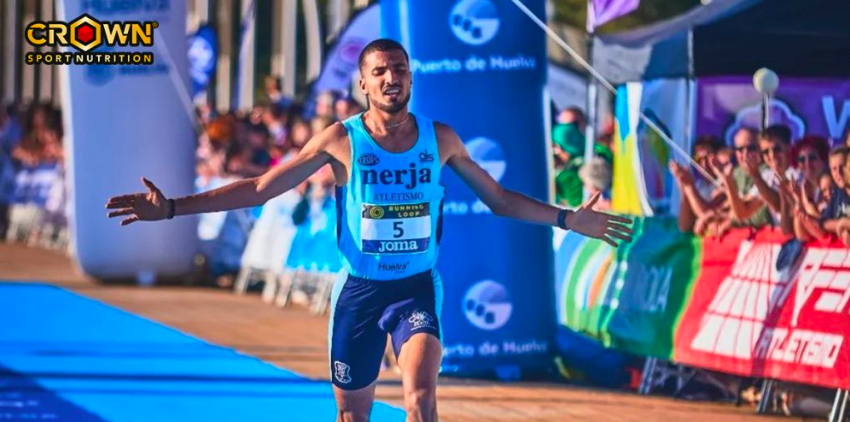The relationship between nutrition and sleep is a key pillar for both health and athletic performance. During nightly rest, the body enters a repair mode in which crucial processes are activated: muscle protein synthesis, the release of growth hormone, and the regulation of cortisol, the stress hormone [1,2].
Thanks to this balance, the body can recover from effort, strengthen muscle mass, and maintain an optimal body composition.
Sleeping well is therefore an invisible tool for performance — it enhances training outcomes and promotes more complete recovery. Conversely, lack of sleep impairs insulin sensitivity, deregulates appetite, and creates a less favorable hormonal environment for muscle regeneration, limiting performance improvements [1,2].
In this context, an adequate diet and restorative sleep become strategic allies for optimizing recovery and performance.
What Is the Relationship Between Nutrition and Sleep?
The composition of macronutrients, food choices, and meal timing directly influence the quality of rest.
Carbohydrates play a key role, as they help tryptophan, an essential amino acid, reach the brain. Tryptophan is the starting point for producing serotonin and melatonin, two molecules that regulate the sleep–wake cycle [3,4].
Including a portion of complex carbohydrates (such as oats, rice, or potatoes) at dinner can improve sleep onset and overall sleep quality.
At the same time, certain proteins provide tryptophan — such as turkey, eggs, dairy products, and legumes — and when combined with carbohydrates, they further enhance serotonin and melatonin synthesis [5,6].
The type of fat also makes a difference: unsaturated fats (olive oil, nuts, oily fish) contribute to better hormonal regulation and deeper, more stable sleep.
Conversely, an excess of saturated or trans fats is linked to shorter and more fragmented sleep [3,5,6].
Moreover, following a Mediterranean or balanced dietary pattern, rich in fruits, vegetables, legumes, whole grains, and healthy fats, is associated with better sleep quality and duration, reduced daytime sleepiness, and lower risk of insomnia — both in athletes and the general population [7].
What Is the Best Time to Have Dinner for Better Sleep?
Meal timing matters as much as food composition. Eating too late or consuming heavy meals right before bed can disrupt melatonin release and alter sleep structure.
In contrast, having an early, light dinner — about 1.5 to 3 hours before bedtime — supports easier sleep onset and higher sleep efficiency [12].
For athletes, an evening meal within this time window can help reduce nighttime awakenings and promote better recovery overnight.
Which Micronutrients Are Important for Sleep and Nighttime Recovery?
Beyond macronutrients, certain micronutrients and supplements can significantly affect sleep quality, especially in athletes with high physical and metabolic demands.
These compounds act on neurotransmitters, hormones, and muscle recovery processes that directly influence rest.
One of the most studied is magnesium, an essential mineral for muscle relaxation and nervous system function. Research suggests that magnesium supplementation may shorten sleep latency and improve sleep efficiency, though results are not always conclusive [8–10].
Calcium, iron, and zinc also play a relevant role in neurotransmitter production and the regulation of circadian rhythms [9,10]. Deficiencies — particularly of calcium or vitamin D — are associated with fragmented sleep and insomnia.
B vitamins, especially B12 and folate, are necessary for melatonin synthesis and proper nervous system function [9,10].
However, excessive intake of some of these vitamins may alter sleep duration, so maintaining balance and consulting a professional before supplementing is always recommended.
Lastly, casein, a slow-digesting protein found in dairy, can support muscle recovery overnight and increase satiety. While its direct impact on sleep quality is modest, it is useful as part of a nutrition strategy focused on recovery [11].
Which Nutritional Habits Help You Sleep Better?
To improve nutrition and sleep holistically, consider the following evidence-based habits:
🍽️ Balanced Dinners and Light Digestion [12]
Choose moderate dinners that include carbohydrates (rice, potato, bread, or oats), tryptophan-rich proteins (turkey, eggs, legumes, dairy), and healthy fats (olive oil, avocado, nuts).
Avoid fried foods and saturated fats.
Examples: rice with turkey and vegetables, whole-grain bread with egg and spinach, or natural yogurt with banana and walnuts.
🕓 Dinner Timing [12]
Eat dinner 1.5 to 3 hours before bedtime to allow proper digestion and improve sleep efficiency.
Avoid eating right before lying down or too early in the evening.
Control of Stimulants [13]
Limit caffeine, tea, and pre-workout supplements at least 6 hours before bed.
Afternoon caffeine doses above 2 mg/kg can reduce sleep duration and efficiency.
Adjust intake according to your individual tolerance and training schedule.
Hydration and Nighttime Rest [14]
Stay well-hydrated during the day but reduce liquid intake in the hour before bed to avoid nighttime awakenings.
Avoid sugary or carbonated drinks at night.
Useful options include milk (rich in tryptophan and casein) or tart cherry juice, a natural source of melatonin.
What Conclusions Can We Draw?
Caring for nutrition and sleep is essential for both health and performance.
A balanced diet rich in nutrients that promote serotonin and melatonin production — combined with good dinner habits and proper control of stimulants — can significantly enhance sleep quality.
For athletes, this translates into more complete recovery, better training adaptation, and improved performance.

Capsules with 170 mg of magnesium from the two most absorbable and bioavailable sources; magnesium bisglycinate and citrate. Banned substance tested by Informed Sport. Vegan and allergen-free. Only 3 ingredients.
- High magnesium content: 170 mg/capsule
- Two sources: Magnesium Bisglycinate and Citrate
- Anti-doping certified by Informed-Sport
- Organic salts for maximum absorption
- Only 3 ingredients: no additives or excipients
- Suitable for vegans and allergen-free

Sequential & Night Protein is a premium blend of 3 milk proteins with different absorption rates in a 1:1:1 ratio. Hydrolyzed whey isolate Optipep® 90, whey concentrate and micellar casein.
- 78% protein
- 3 types of milk protein
- 4 minerals
- Long-lasting and sequential absorption
- Scientifically proven
To be taken between meals or before bedtime
- Improved recovery
- Increased strength
- Increased muscle mass
- More power

Innovative oral spray with a high concentration of highly assimilable vitamin D3 that ensures direct absorption in the mouth without the need for digestion. Each bottle has 250 sprays that provide 50 µg (2,000 IU). Without sweeteners, 100% allergen free and suitable for vegetarians. Banned substance tested by Informed Sport.
- High Vit. D concentration: 2000 IU/spray
- High Vit. D concentration: 50 µg (1,000% NRV)/spray
- Oral spray format for easy dosing
- Greater absorption and bioavailability than conventional formats
- Informed-Sport anti-doping certified
- Sweetener-free, Allergen-free and Suitable for Vegetarians
Autor:
Lucas Jurado Fasoli, PhD (University of Granada)
Sports Nutritionist and Biomedical Researcher.
Member of the Mixed University Institute of Sport and Health (IMUDS) and Assistant Professor in the Department of Physiology, University of Granada (Spain).
Reference
[1] Morrison M, Halson SL, Weakley J, Hawley JA. Sleep, circadian biology and skeletal muscle interactions: Implications for metabolic health. Sleep Med Rev 2022;66:101700.
[2] Stich FM, Huwiler S, D’Hulst G, Lustenberger C. The potential role of sleep in promoting a healthy body composition: underlying mechanisms determining muscle, fat, and bone mass and their association with sleep. Neuroendocrinology 2022;112:673–701.
[3] Binks H, E. Vincent G, Gupta C, Irwin C, Khalesi S. Effects of diet on sleep: a narrative review. Nutrients 2020;12:936.
[4] Tang J, Krushelnycky L, Shaqo A, Cho CE. A comprehensive review of nutritional influences on the serotonergic system. Advances in Nutrition 2025:100524.
[5] Seol J, Iwagami M, Kayamare MCT, Yanagisawa M. Relationship Among Macronutrients, Dietary Co
mponents, and Objective Sleep Variables Measured by Smartphone Apps: Real-World Cross-Sectional Study. J Med Internet Res 2025;27:e64749.
[6] Sutanto CN, Wang MX, Tan D, Kim JE. Association of sleep quality and macronutrient distribution: a systematic review and meta-regression. Nutrients 2020;12:126.
[7] Godos J, Ferri R, Lanza G, Caraci F, Vistorte AOR, Yélamos Torres V, et al. Mediterranean diet and sleep features: a systematic review of current evidence. Nutrients 2024;16:282.
[8] Arab A, Rafie N, Amani R, Shirani F. The role of magnesium in sleep health: a systematic review of available literature. Biol Trace Elem Res 2023;201:121–8.
[9] Ji X, Grandner MA, Liu J. The relationship between micronutrient status and sleep patterns: a systematic review. Public Health Nutr 2017;20:687–701.
[10] Ikonte CJ, Mun JG, Reider CA, Grant RW, Mitmesser SH. Micronutrient inadequacy in short sleep: analysis of the NHANES 2005–2016. Nutrients 2019;11:2335.
[11] Doherty R, Madigan S, Warrington G, Ellis J. Sleep and nutrition interactions: implications for athletes. Nutrients 2019;11:822.
[12] Halson SL. Sleep in elite athletes and nutritional interventions to enhance sleep. Sports Medicine 2014;44:13–23.
[13] Silva H, Del Coso J, Pickering C. Caffeine and Sports Performance: The Conflict between Caffeine Intake to Enhance Performance and Avoiding Caffeine to Ensure Sleep Quality. Sports Medicine 2025:1–14.
[14] Nédélec M, Halson S, Delecroix B, Abaidia A-E, Ahmaidi S, Dupont G. Sleep hygiene and recovery strategies in elite soccer players. Sports Medicine 2015;45:1547–59.




